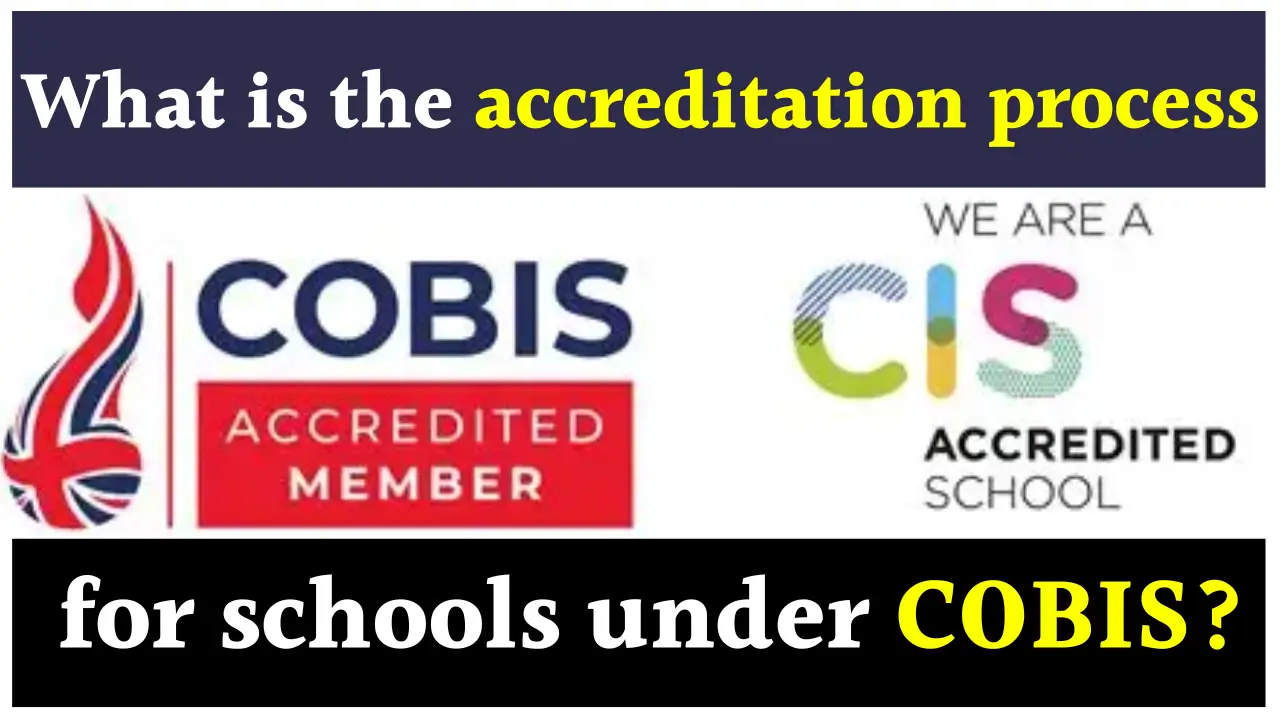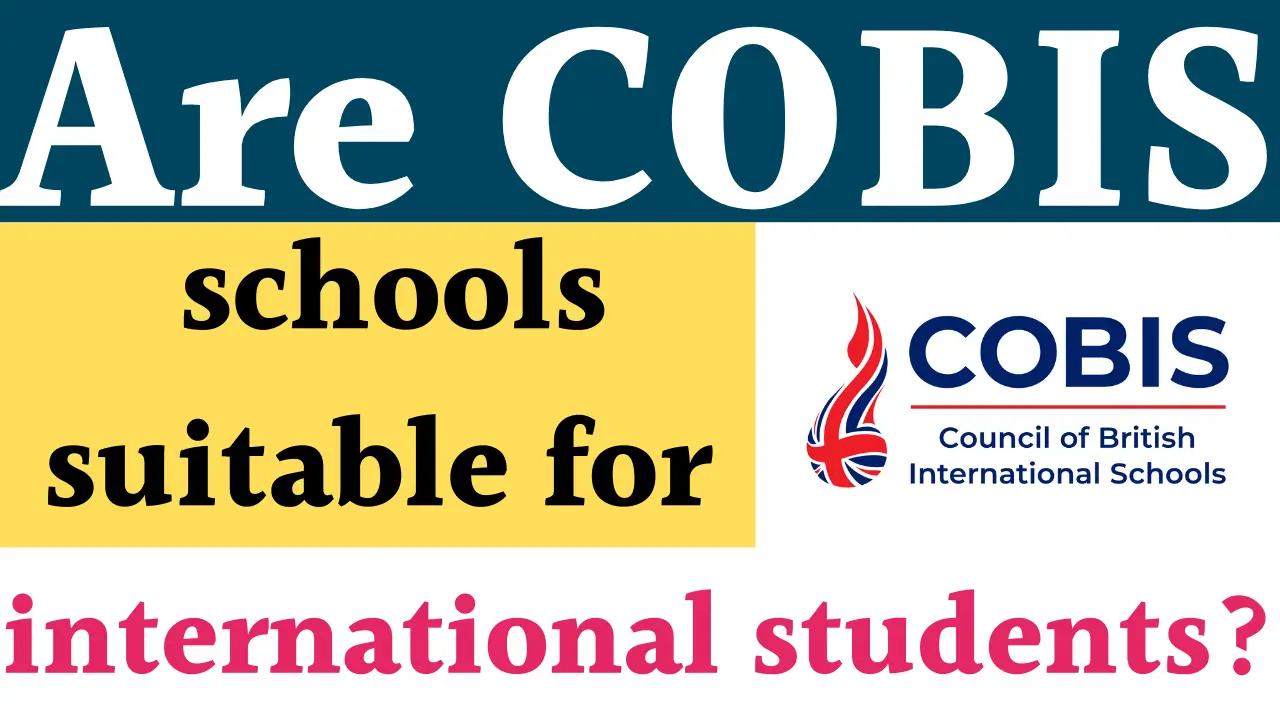The COBIS accreditation process for schools is a rigorous, peer-reviewed framework designed to ensure quality and continual improvement among British international schools worldwide. Updated in 2025 to place greater emphasis on Diversity, Equity, Inclusion, Justice and Belonging (DEIJB), the scheme is recognized by global authorities and serves as a trusted mark of excellence in British education overseas.
What Is COBIS Accreditation?
COBIS (Council of British International Schools) accreditation is an internationally validated quality assurance process for schools seeking COBIS membership or wishing to demonstrate excellence in British educational standards. This process is externally validated by the UK Quality Assurance Agency (QAA) and recognized by bodies such as the Japanese Ministry of Education and JCIS.
Accreditation vs Compliance
Schools may apply for either COBIS Compliance or full COBIS Accreditation:
- COBIS Compliance: Verification of fundamental standards, a required step to obtain COBIS membership.
- COBIS Accreditation: A comprehensive process incorporating compliance but also focusing on school improvement, innovation, and best practice, often awarded Beacon Status for excellence.
The Accreditation Process: Step-by-Step
1. Self-Evaluation
Schools initiate the process with an honest self-evaluation against clearly defined COBIS standards. This forms the basis for improvement, evidence gathering, and dialogue.
2. Dialogue with Lead Improvement Partner
A COBIS-trained Lead Improvement Partner (LIP) supports each school, beginning with preparatory discussions six months prior to the school visit. This partnership is consultative and ongoing, not a one-off inspection.
3. Evidence Preparation & Upload
Schools gather and upload evidence via a dedicated platform, addressing each accreditation standard. The clarity of required evidence was streamlined in 2025, making expectations more transparent for applicants.
4. Validation Visit
A scheduled visit is conducted by the LIP and COBIS team, involving lesson observations, interviews with staff, students and parents, and review of documentation. The team provides verbal feedback during the visit.
5. Written Report & Accreditation Decision
Following the visit, schools receive a detailed written report. If successful, they are awarded COBIS Accredited Member status, joining a global network with access to professional development, student activities, and support services.
6. Ongoing Review & Cycle
Accreditation operates on a five-year review cycle, with continuous improvement and periodic evidence submission required to maintain status.
Accreditation Standards
The COBIS standards underpinning accreditation cover a wide range of operational areas, including:
- Safeguarding and Safer Recruitment
- Ethos and Values
- Learning and Teaching
- Curriculum
- Extra-Curricular, Enrichment & Engagement
- Governance and Leadership
- Professional Development
- Inclusion and DEIJB (enabled in 2025 updates)
- Student Welcoming & Care
- Health and Safety
Beacon Status may be granted for outstanding performance in particular standards, promoting best practice sharing among member schools.
Table: Key Steps & Components of COBIS Accreditation
| Step | Description |
|---|---|
| Self-Evaluation | School audits itself against COBIS standards. |
| Lead Improvement Partner | Ongoing consultative support and dialogue. |
| Evidence Upload | Documented proof mapped to each standard, via school portal. |
| Validation Visit | Site review, lesson observations, interviews, feedback session. |
| Written Report | School receives detailed findings and accreditation outcomeyoutube. |
| Beacon Status | Possible award for excellence in key areas. |
| Review Cycle | Accreditation renewed every 5 years, with continuous quality checks. |
Recent Updates and Latest Developments
Emphasis on Diversity, Equity, Inclusion, Justice, and Belonging (DEIJB)
- The 2025 standards promote inclusive and supportive environments, focusing on belonging and representation in curriculum materials.
- Standard 7a now requires that “The curriculum meets the needs of all students” and asks schools to show evidence of diverse representation in textbooks and resources.
Enhanced Global Recognition
- COBIS Accreditation is formally recognized by the Japanese Ministry of Education (MEXT) and JCIS, positioning it as a definitive international benchmark for excellence.
- Accredited schools benefit from membership in a large, collaborative network of British international schools around the world, access to events, training, competitions, and advocacy.youtube
Quality Assurance Validated
- COBIS’s revised scheme was independently validated by the UK QAA, bolstering its credibility and ensuring rigorous, trustworthy standards for school improvement.
Key Features and Benefits for Accredited Schools
- External validation of quality, recognized globally.
- Supportive improvement-based approach rather than judgmental evaluation.
- Opportunity to earn Beacon Status and promote best practices internationally.
- Access to professional development, competitions, and resources for staff and students.
- Enhanced reputation and parental trust for schools achieving COBIS accreditation.
















